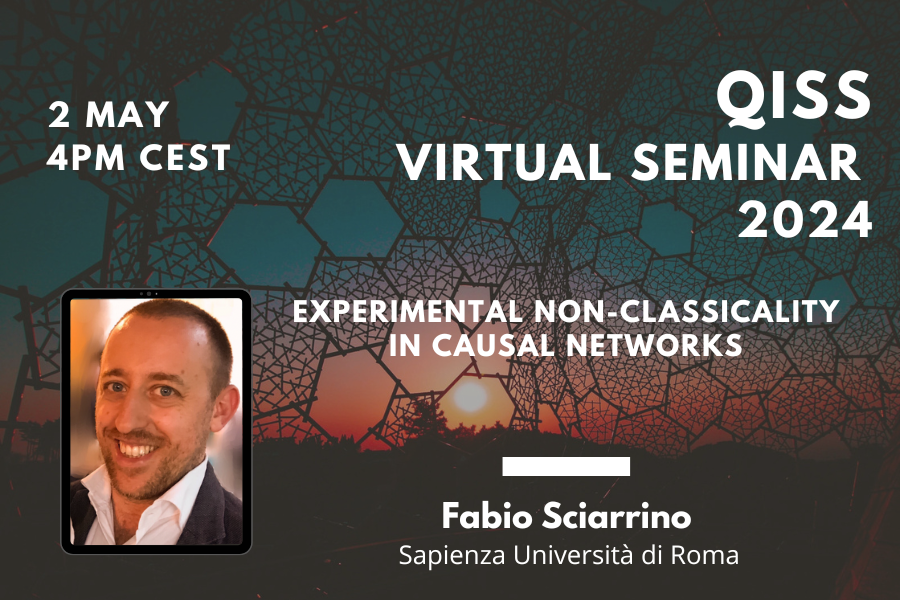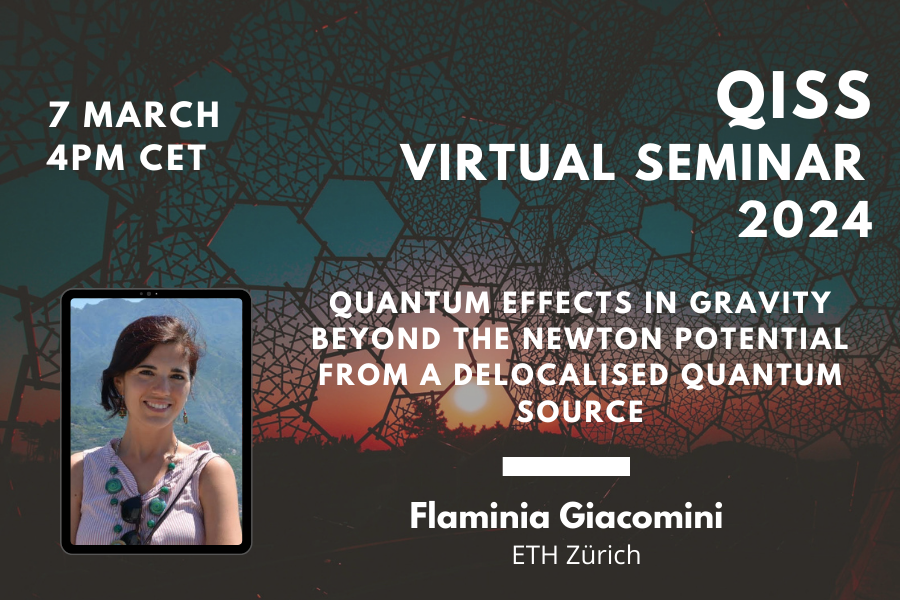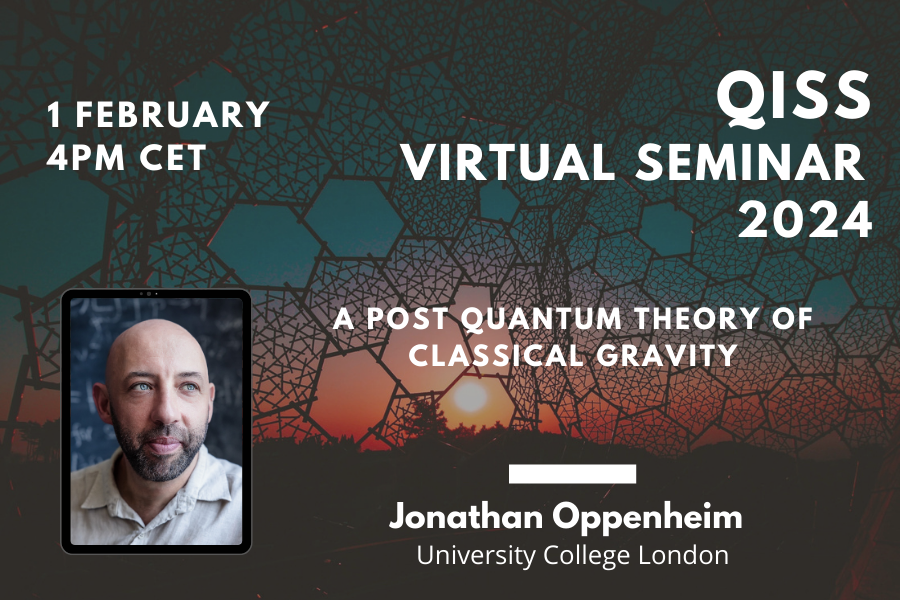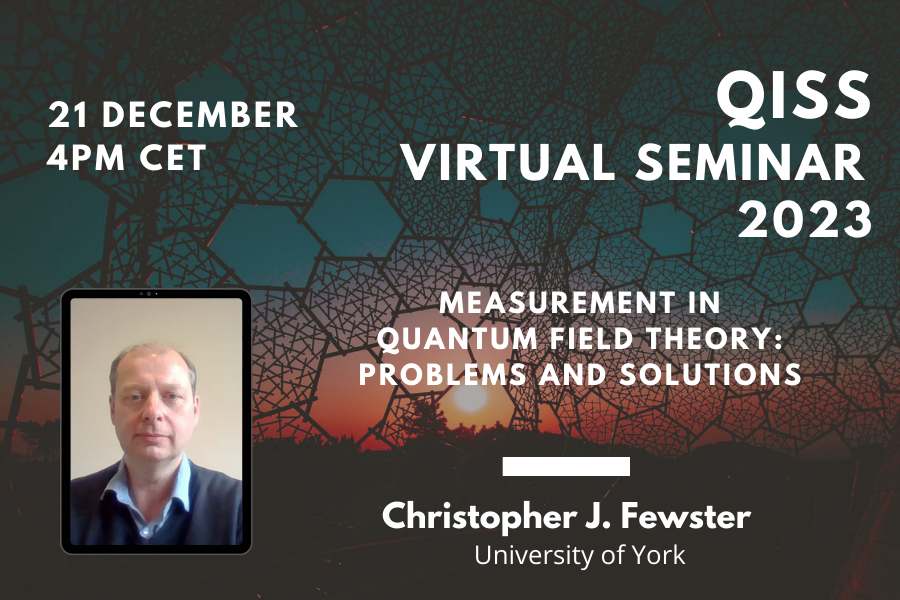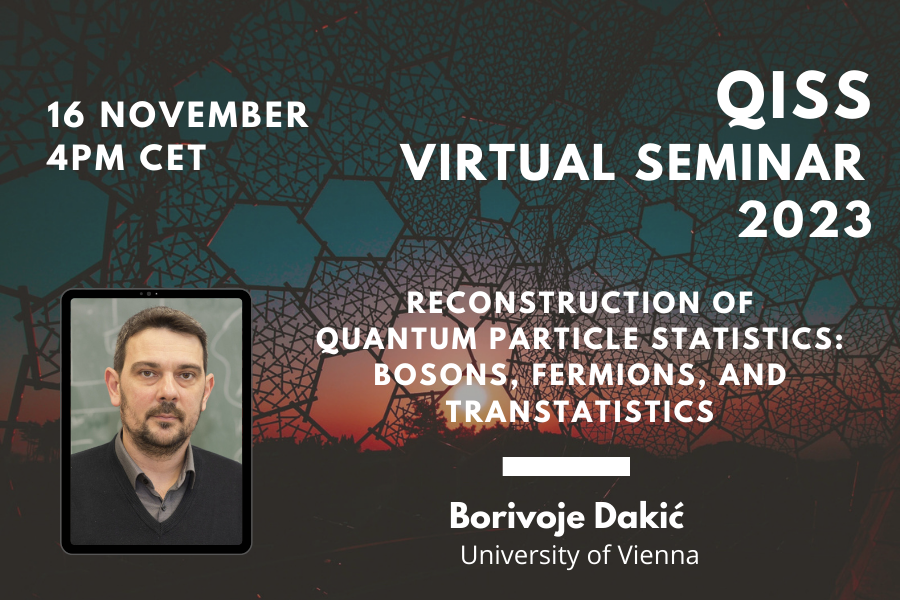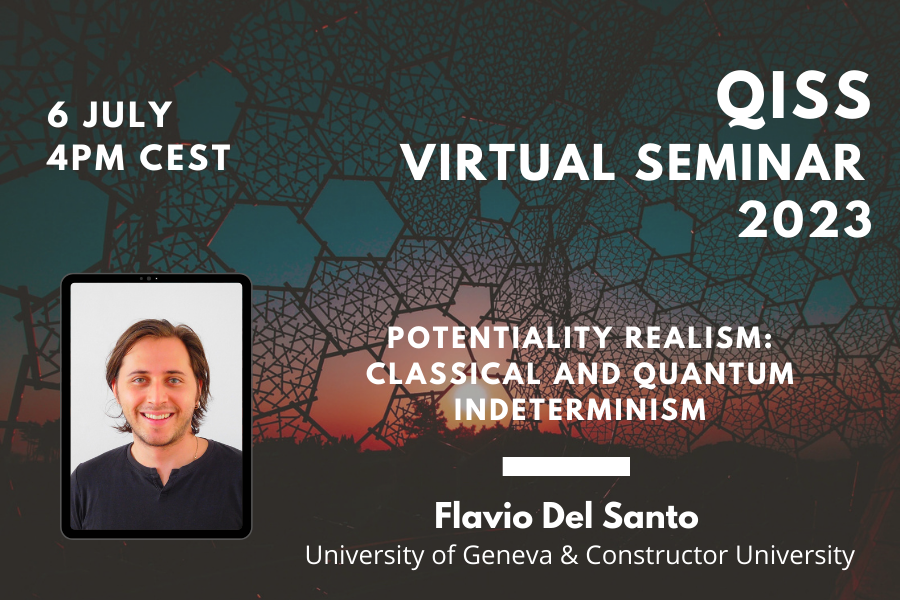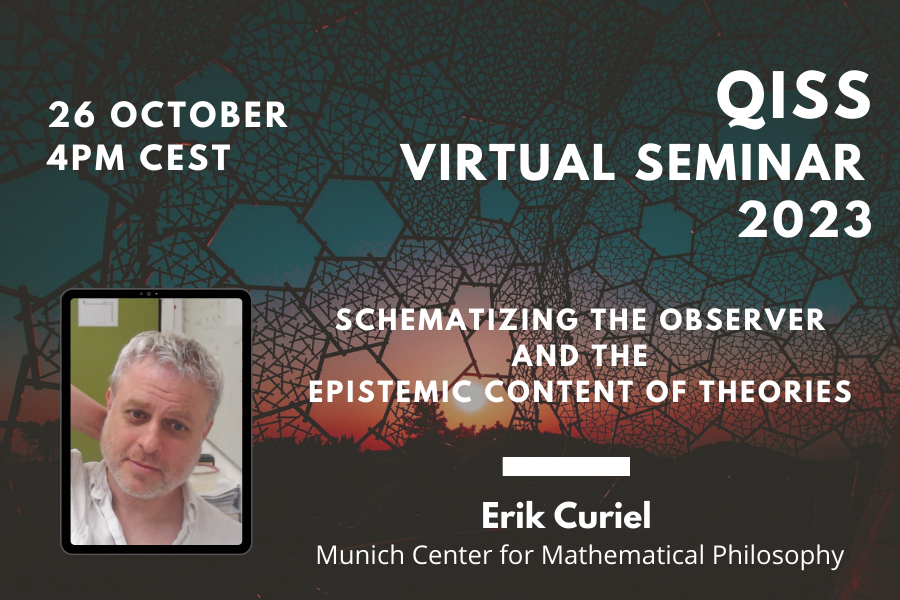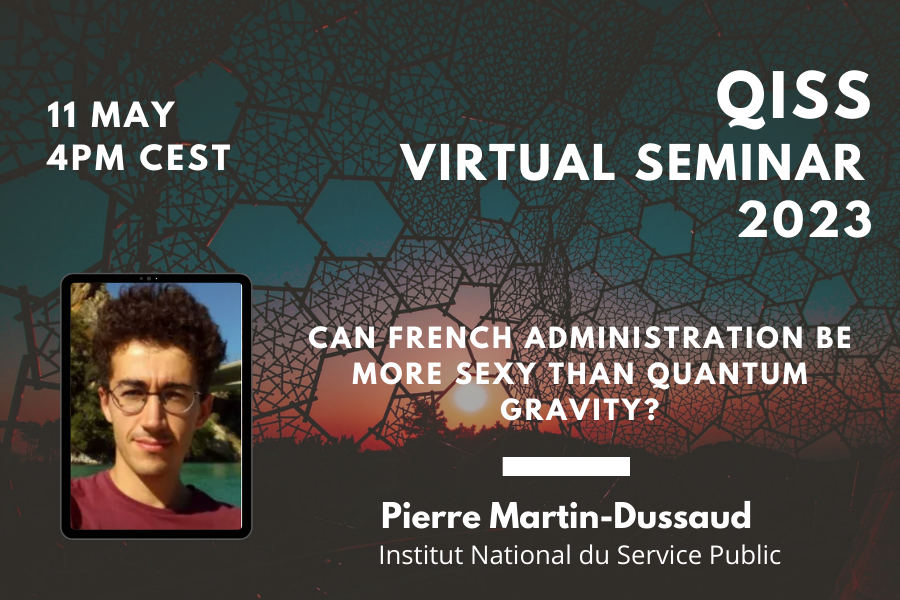Marios Christodoulou
IQOQI/University of ViennaSpacetime in Superposition, in the Laboratory
The possibility of a future `table top’ Quantum Gravity test has been much discussed the past years. I will discuss the family of `standard’ protocols that envision entanglement production between spatially delocalised particles, the controversy surrounding the topic with respect to a `theory fixed’ vs a `theory independent’ interpretation and the related confusion on the assumption of `locality’ and the `mediating degree of freedom’. I will also discuss alternative protocols involving macroscopic quantum systems like bose einstein condensates, a genuine relativistic test involving superposition of rotations (superposition of mass), as well as these ideas may be leveraged also for the detection of Planck mass dark matter particles (which could be tiny black/white holes!).


